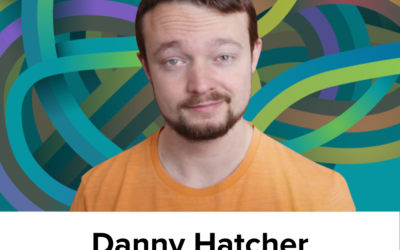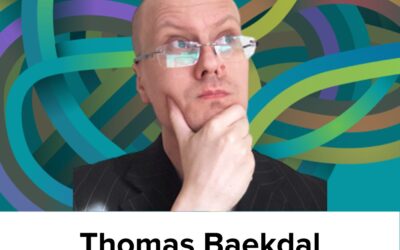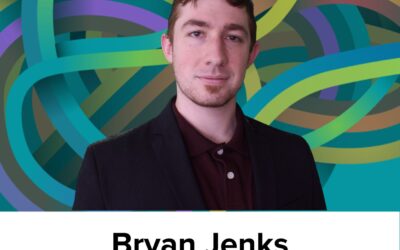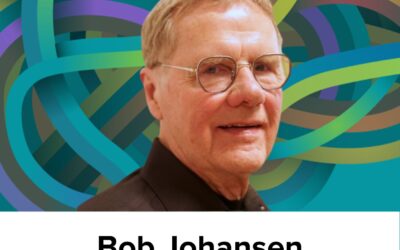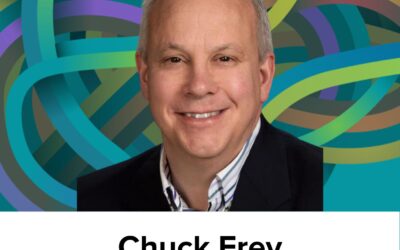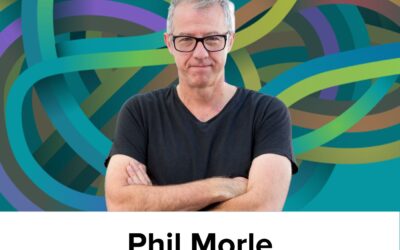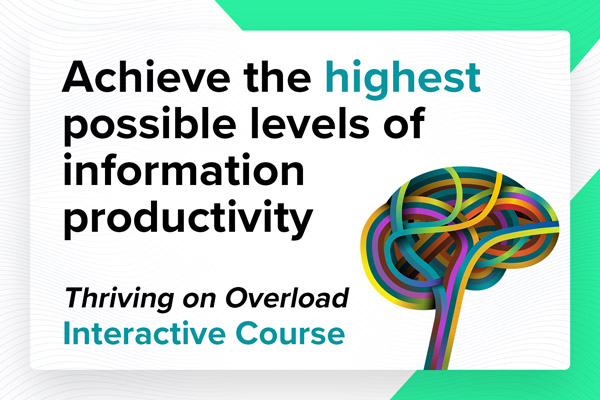Thriving on Overload Podcast
Ross Dawson speaks with some of the world’s most inspiring ‘information masters’ about their practices and lessons on how to transform unlimited information into insight, foresight, and better decisions.
Ross Dawson on Humans + AI, amplifying cognition, thinking tools, and the future of Thriving on Overload podcast (Ep55)
The amount of information coming out right now about AI is pretty intense. I’m not able to keep up, nobody’s able to keep up. What I’ve been applying are the lessons that I shared in Thriving on Overload. Part of it is what I write about in the chapter on filtering, which is getting the right set of sources.
Tim O’Reilly on noticing things other people don’t notice, the value of soft focus, framing open source and Web 2.0, and patience in building narratives [REPOST] (Ep54)
Tim O’Reilly is the founder and CEO of technology publishing giant O’Reilly Media, and has played a seminal role in movements including open source software, Web 2.0, maker culture, and government 2.0, and is author of the excellent book WTF: What’s the Future and Why It’s Up to Us.
Danny Hatcher on skill acquisition, ecological dynamics, from Notion to Obsidian, and exploring interests (Ep53)
The easiest way for me to explain this is I want it to be as simple as possible. I don’t want to have to worry about what buttons to push, where to store things, how to save anything, or worry about how the tech is working, I just want to add it, which, simply put, is by pushing a plus button of some sort, typing in whatever it is that I need to type in or speaking, however you capture the information, and then it is stored somewhere that I can find quickly. That’s all I want tech to do is just store it somewhere; capture it easily, store it somewhere that I don’t have to think about, I can just carry on with whatever the train of thought is that I have.
Thomas Baekdal on custom research tools, going to source data, JOMO on news, and source diversity (Ep52)
One of the reasons why I have to organize my information this way today is because I’ve realized that just having a constantly flowing information, filling up your life, is not beneficial for you, it’s much more useful for you not just in terms of getting information and being informed, but also in terms of your mental state, to have that information organized in a way that makes more sense.
Bryan Jenks on beginner mindset, optimizing everything, why Obsidian, and lessons from neurodivergence (Ep51)
Then I try to externalize as much of my cognition and memory as possible, so I don’t think about projects, and I don’t hold all this stuff in my head. I never have to remember anything.
As soon as I need to remember it. I put it into the task management software, or I put it on the calendar. If it’s not there, it does not exist to me. I don’t worry about it. If it’s not in there, I don’t care.
Puruesh Chaudhary on research processes, information ecosystems, trusting societies, and contextual memes (Ep50)
Puruesh is Founder and President of the NGO AGAHI, co-founder of Media Development Trust, and Senior Research Fellow at Institute of Strategic Studies Islamabad. The global recognition for her work as a futures researcher and strategic narrative professional includes being named as Global Shaper by World Economic Forum, acting as advisor to the World Futures Society, and being on the planning committee of the Millennium Project.
Stephanie Barnes on radical knowledge management, the power of art, tapping intuition, and building curiosity (Ep49)
Stephanie is founder and chief chaos organiser of Entelechy, a global network that works with organisations to solve problems in creative and innovative ways. She has a background in knowledge management IT and accounting, and is also a successful artist. She now uses art as a catalyst for helping people do things differently, and empowering individuals, teams and organisations to resolve complex business challenges.
Bob Johansen on the officeverse, augmented intelligence, thinking future-back, and people as filters (Ep48)
Bob is Distinguished Fellow and former CEO at the Institute for the Future. He has worked as a professional futurist for nearly 50 years, including in the 1970s exploring the social and organizational implications of ARPANET, which evolved to become what we call the Internet. He is a frequent keynote speaker and the author or co-author of 12 books, including his latest title Office Shock: Creating Better Futures for Working and Living.
Chuck Frey on visual mapping, creative thinking techniques, choosing tools, and sleight of head (Ep47)
Chuck is a PR and online marketing expert who focuses on innovation, creativity, business strategy and visual thinking. He is the founder and publisher of The Mind Mapping Software Blog, and the author of books including Up Your Impact and Creativity Hacks.
Alexandra Samuel on resetting for remote work, Coda evangelism, tool workflows, and combining technology and mindfulness (Ep46)
Alexandra is an authority on remote work and the digital workplace, a speaker and a data journalist. She is the co-author of Remote, Inc: How To Thrive at Work….Wherever You Are and the author of the Work Smarter series of books published by HBR Press.
Phil Morle on synthesis in venture capital, thought hacking, thinking tools, and the infinite game (Ep45)
Phil is partner at major deep tech venture capital firm Main Sequence Ventures, where he focuses on health, food, and environmental companies and leads the Feed 10 Billion People challenge. Prior to Main Sequence, Phil co-founded the first tech incubator in Asia Pacific, Pollenizer, and was the CTO of file-sharing company Kazaa.
Jennifer Sertl on scenarios for sense-making, the power of reflection, sharing feedback loops, and building constellations (Ep44)
Jennifer Sertl is president and founder of the leadership development company Agility3R, director of marketing at Circle Optics, and adjunct professor of Innovation at Rochester Institute of Technology. She is the co-author of the book Strategy, Leadership and the Soul.
Ross Dawson
Futurist, keynote speaker, author and host of Thriving on Overload.
Discover his blog, other books, frameworks, futurist resources and more.




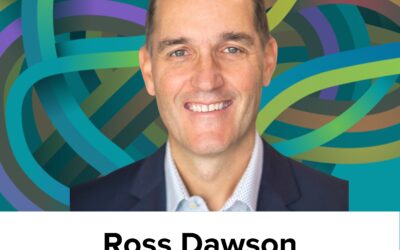
![Tim O’Reilly on noticing things other people don’t notice, the value of soft focus, framing open source and Web 2.0, and patience in building narratives [REPOST] (Ep54)](https://thrivingonoverload.com/wp-content/uploads/2022/04/Thriving-OReilly-500-400x250.jpg)
